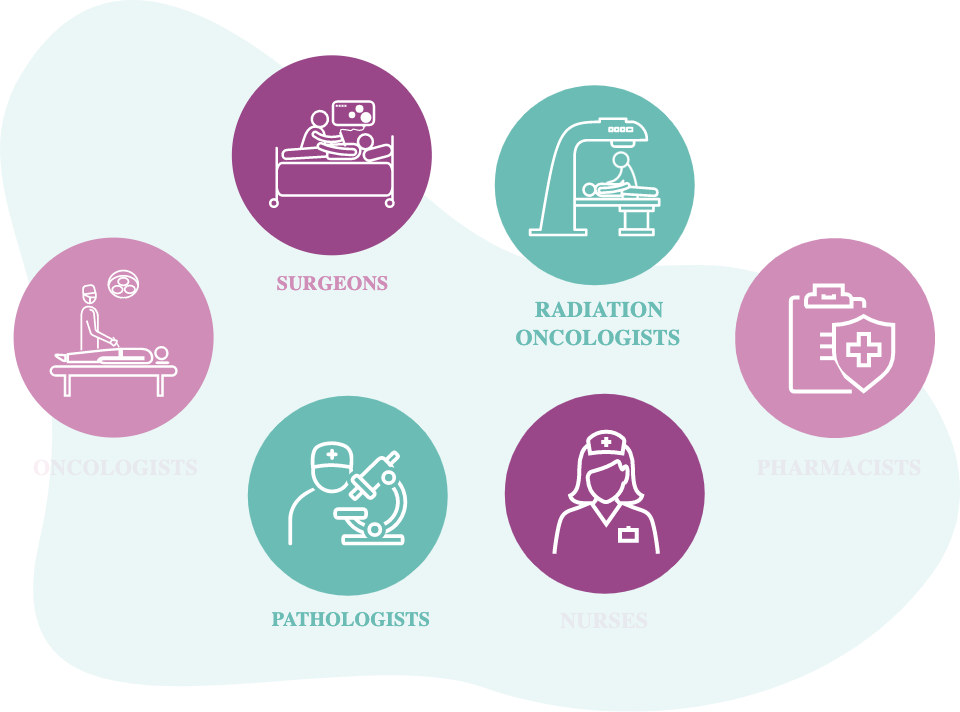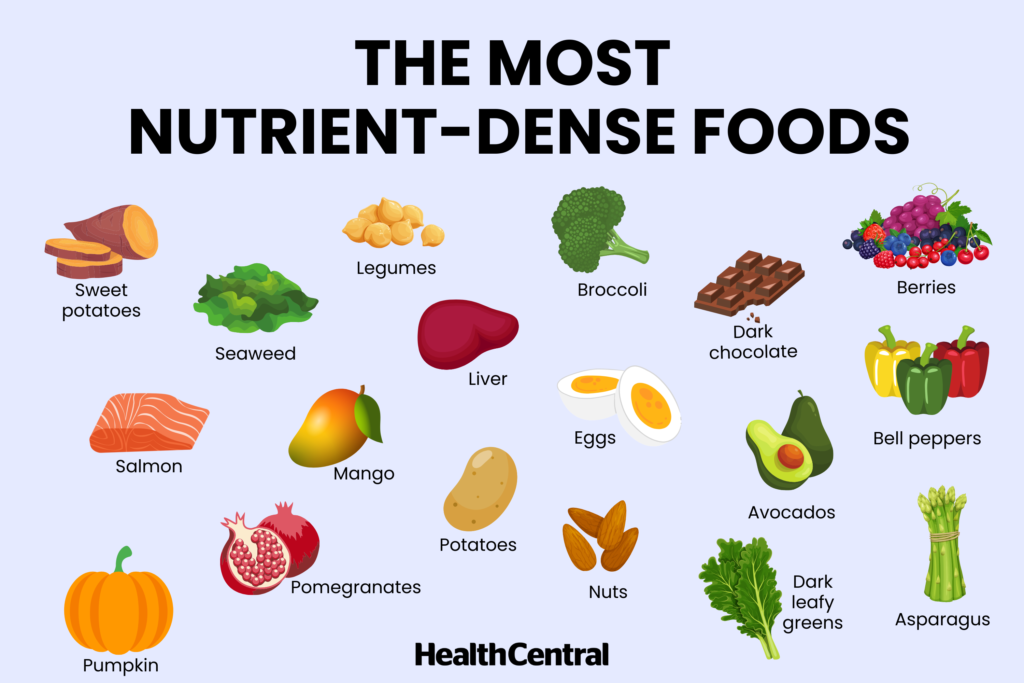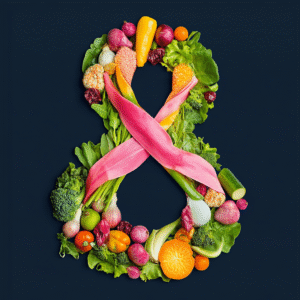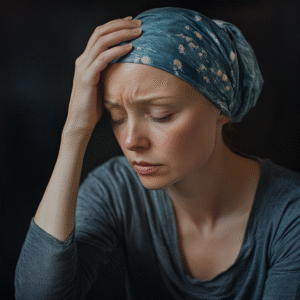Cancer is a challenging health condition that affects millions of people around the world each year. When someone experiences a “remission,” it means that the signs and symptoms of their cancer lessen or disappear for a time. In some cases, this remission can continue for many years, allowing people to go on with their lives. Hundreds of individuals who experienced what she calls “radical remission,” which means they recovered against all odds or continued living far beyond their doctors’ expectations. Through her research, she uncovered nine key factors that these survivors often share.
It is important to remember that these nine factors are not a guaranteed cure for cancer. Instead, they can serve as tools to support the body, mind, and spirit during and after conventional medical treatments. Most doctors agree that combining standard treatments (like surgery, chemotherapy, and radiation) with healthy lifestyle changes can help improve one’s overall quality of life and well-being. Let’s look at these nine key factors in more detail.

1. Radically Changing Your Diet
The first key factor is making significant changes to your diet. Many people in radical remission stories report cutting out processed foods, reducing sugar, and adding more fruits and vegetables to their meals. Some choose to follow a plant-based diet, while others focus on eating organic produce, lean proteins, and whole grains.
Why does diet matter so much? Cancer cells can feed on sugar and processed carbohydrates, so reducing or removing these from your diet may help slow down the growth of tumors. Eating more antioxidant-rich foods, such as berries, leafy greens, and cruciferous vegetables (like broccoli and kale), can also support the immune system. Although there is no single “perfect” diet for everyone, most medical experts agree that choosing nutrient-dense whole foods is a step in the right direction.
2. Taking Control of Your Health
Another critical factor for many radical remission survivors is taking control of their health decisions. This does not mean ignoring medical advice. Instead, it means becoming an active participant in your own care. Educate yourself on different treatment options, ask questions when you visit the doctor, and learn about the potential side effects of every medication or therapy you are considering.
In many of these survivor stories, individuals refused to accept a “hopeless” prognosis. They sought out second opinions, found integrative or holistic healthcare providers, and tried different ways to boost their immune system. By doing research and making informed decisions, they felt more empowered and less like a victim of their illness. This mindset can help reduce stress and build confidence in the journey toward health.
3. Following Your Intuition
Intuition might seem like a vague idea, but many people with radical remission say they relied on an inner sense of what was right for them. This could include choosing one type of treatment over another or deciding when to change their diet. While it is crucial to listen to medical advice, it can also be helpful to pay attention to what your body is telling you.
Listening to intuition often goes hand-in-hand with mindfulness, which involves paying close attention to your thoughts, emotions, and physical sensations. Techniques like meditation, journaling, or simply spending quiet time in nature can help you tap into your intuitive side. Over time, you may learn to recognize what feels supportive for your health and what does not.

4. Using Herbs and Supplements
Many people with radical remission stories report using certain herbs and supplements. Examples include medicinal mushrooms like reishi or maitake, turmeric for its anti-inflammatory properties, and green tea for antioxidants. Vitamins, minerals, and other supplements can help support the immune system, balance hormones, and reduce inflammation in the body.
However, it is essential to talk to your doctor or a qualified nutritionist before starting any new supplement routine. Some herbs or supplements can interfere with cancer treatments, making them less effective, or cause dangerous side effects. By working with a professional, you can create a plan that aligns with your overall treatment strategy.

5. Releasing Suppressed Emotions
Emotional well-being is a major theme in many radical remission stories. People with cancer often face a wide range of feelings, including fear, anger, sadness, and anxiety. If these emotions are not processed, they can build up and increase stress levels. High stress can weaken the immune system and make it harder for the body to heal.
Engaging in therapy, support groups, or speaking openly with friends and family members can help you express these emotions in a healthy way. Some individuals also turn to creative outlets like art, music, or writing. These activities provide a safe space to let go of pent-up emotions and process complex feelings. By releasing suppressed emotions, many survivors say they experienced a sense of relief and renewed energy.
6. Increasing Positive Emotions
While releasing negative emotions can bring relief, boosting positive emotions can provide hope and a sense of purpose. People in radical remission stories often mention the importance of laughter, joy, and gratitude. Studies have shown that feelings of happiness can stimulate the release of “feel-good” chemicals in the body, which can help lower stress and even strengthen the immune system.
Practicing gratitude can be as simple as writing down three things you are grateful for each day. Spending time with pets, enjoying hobbies, or learning something new can also spark joy. The goal is not to force yourself to be happy all the time, but to recognize that positive emotions can have a healing impact, especially when balanced with honest acknowledgement of challenges.
7. Embracing Social Support
Cancer treatments can feel lonely and isolating, especially if people in your life have difficulty understanding what you are going through. However, the radical remission research shows that social support is often a key factor in recovery. Whether it is from friends, family members, or fellow patients, having people who care about you can lessen stress, provide encouragement, and offer practical help, like rides to the hospital or help with daily chores.
Some survivors talk about forming strong bonds in support groups, where they meet others facing similar challenges. In these spaces, it becomes easier to share fears, hopes, and coping strategies. Feeling understood and validated can go a long way toward improving emotional health, which can, in turn, support physical health.
8. Deepening Your Spiritual Connection
Many individuals who experienced radical remission also mention having a spiritual or religious practice that gave them comfort and strength. Spirituality can take many forms—it could mean prayer, meditation, yoga, or connecting with nature. The idea is to feel part of something larger than yourself and tap into a sense of peace or guidance that helps you cope with the uncertainty and anxiety of a serious illness.
For some, a spiritual connection may involve a religious community, which also provides social support. For others, it might be a personal belief system or a sense of unity with the universe. Whatever form it takes, nurturing your spiritual side can help reduce stress, offer hope, and encourage a sense of purpose during difficult times.

9. Having Strong Reasons for Living
The final key factor in radical remission cases is having strong reasons for living. When faced with a life-threatening illness like cancer, many people reevaluate what is truly important. They might decide to spend more time with their loved ones, start a passion project, or volunteer for a cause that speaks to their heart. These meaningful goals can provide motivation and hope, fueling a will to keep going even during tough treatments.
Survivors sometimes share that having specific goals, such as attending a child’s graduation or celebrating a milestone birthday, gave them the extra push they needed to endure harsh treatments. Others speak of a sense of mission, feeling called to share their story or support other cancer patients. By holding on to these strong reasons for living, they found the inner strength to fight for their lives.
Putting It All Together
When you look at these nine factors—radically changing your diet, taking control of your health, following your intuition, using herbs and supplements, releasing suppressed emotions, increasing positive emotions, embracing social support, deepening your spiritual connection, and having strong reasons for living—you see that they form a comprehensive approach to wellness. Each one plays a role in supporting both mental and physical health.
For many survivors, addressing just one or two factors was not enough. They often made several changes in different areas of their lives at the same time. A holistic or integrative approach can help make the body a more challenging environment for cancer cells to grow. Even if these changes do not lead to a radical remission, many patients report feeling healthier, more energetic, and better able to handle the side effects of conventional treatments.
The Importance of Professional Guidance
It is crucial to remember that while these nine factors can be beneficial, they are not meant to replace medical advice. Cancer is a complex disease that usually requires medical treatments such as chemotherapy, radiation, or surgery. If you or a loved one has cancer, work closely with a healthcare team that understands your condition and can monitor your progress.
Before making major changes to your diet, adding supplements, or starting new exercise routines, consult with a doctor, registered dietitian, or another qualified professional. They can help you tailor these nine factors to your personal needs and help you avoid potential risks. By combining the best of modern medicine with these supportive lifestyle changes, you can create a well-rounded plan that promotes healing and a higher quality of life.

Moving Forward with Hope
Hearing stories about radical remission can inspire hope. While not everyone will experience a sudden or complete remission, focusing on these nine factors can help build a healthier body and a more balanced mind. Whether you are a cancer patient, a caregiver, or simply someone interested in wellness, these principles can encourage you to examine your daily habits, emotional patterns, and beliefs.
No one can predict the future, and there are no guarantees in any treatment. However, combining standard treatments with lifestyle changes aimed at boosting your immune system, managing stress, and nurturing a hopeful mindset can play a powerful role in supporting long-term wellness. Taking care of your body and mind, seeking connections with others, and reminding yourself of your strong reasons for living can transform your experience of cancer and bring light to even the darkest moments.
Conclusion
Research into radical remission shows that there is more to healing than just medical treatment. The nine factors she identified offer a roadmap for anyone looking to bolster their fight against cancer. These factors—such as eating healthier, releasing negative emotions, staying positive, seeking support, and deepening spiritual connections—do not guarantee a cure, but they can help create a life that is richer in meaning and healthier overall.
If you or someone you love is on a cancer journey, consider which of these factors might be most helpful to explore. Maybe you start with something simple, like adding more fruits and vegetables to your diet or taking daily walks outside for fresh air and gentle exercise. Over time, you might notice changes in your energy levels, stress management, or emotional well-being.
Above all, remember that there is always hope. Research continues to advance every year, and people around the world are exploring new ways to combine traditional medicine and holistic practices. By educating yourself, seeking out supportive communities, and keeping an open mind, you take an active role in your healing journey. Even small steps can add up to big changes when it comes to supporting the body, mind, and spirit through cancer treatment and beyond.


